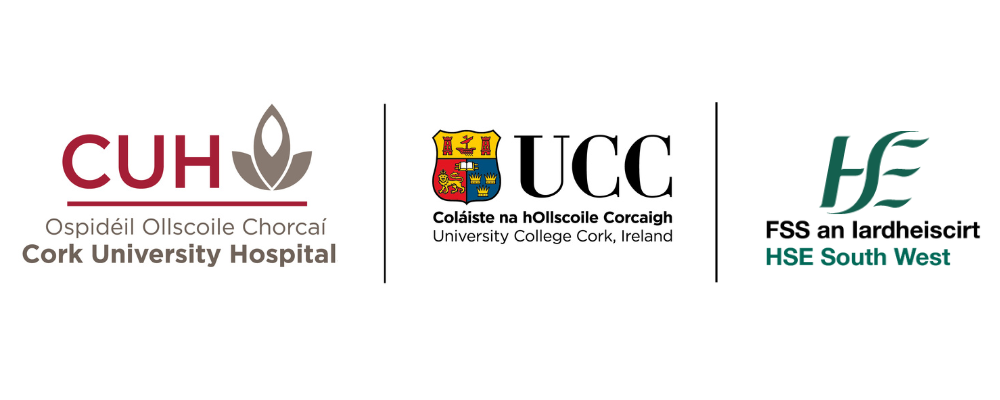SLT in Cancer Services
SLT in Cancer Services
We provide a specialised SLT service for outpatients and inpatients receiving cancer treatment in CUH. Cancer and its treatment can cause changes to eating, drinking, swallowing, and cognitive-communication skills. Depending on the location of the cancer and side effects of treatment, the following may be affected:
- Sore mouth or throat
- Pain when chewing and swallowing
- Difficulty protecting the airway during swallowing
- Dry mouth
- Taste changes
- Voice changes
- Trouble concentrating, remembering, organizing thoughts, managing medications/ schedules/routines.
Although the majority of our referrals are for Head and Neck Cancer, patients with other types of cancer also benefit from SLT input for swallowing and communication such as:
- Oesophageal
- Lung
- Brain
- Breast
We accept referrals from all cancer services in CUH including:
- Radiotherapy
- Medical Oncology
- Haematology and Lymphoma
- Neuro-oncology
We provide service in our outpatient Radiotherapy Clinics in the Glandore Centre, our outpatient Chemotherapy Clinics, and on inpatient wards in CUH. Intervention is provided in person or by video consult depending on the individual’s circumstances. We participate in weekly multidisciplinary team meetings, regularly communicate with the multidisciplinary team regarding the care of our patients, and ensure effective and timely communication with our SLT colleagues in Community SLT and other hospitals for seamless transfer of care when further SLT input is required following completion of treatment in CUH.
SLT provides evaluation, treatment, and advice for difficulties in the following areas:
- Swallowing
- This may be related to the location of the cancer or to the treatment, and may be increased if there are other medical conditions present that can affect swallowing.
- Voice
- Voice changes may be affected by side effects of treatment or by the cancer itself.
- Speech
- Clarity of speech may be affected by side effects of treatment, surgery or by the cancer itself.
- Cognitive-Communication Skills:
- Concentration, organization, memory, word finding, processing what is heard or read, and formulating what you want to say may be affected by treatment or by the cancer itself.
- Advanced Airways to facilitate communication and swallowing:
- Laryngectomy care and advice (when the voice has been removed as a result of cancer)
- Tracheostomy care and advice (when a breathing tube is needed in the neck as a result of cancer).
Signs that SLT assessment may be of benefit:
Problems with Swallowing may include:
- Coughing or spluttering during or just after eating and drinking
- Trouble chewing or manipulating food in the mouth
- Sensation of food sticking in the throat or chest
- Shortness of breath or increased wheeziness / chestiness after eating and drinking
Problems with Voice may include:
- Rough, breathy, strained, weak voice quality or episodes of losing your voice
- Soreness when voicing
Problems with Speech may include:
- Reduced clarity of speech or discoordination of speech
Problems with Cognitive-Communication may include:
- Difficulty with concentration, organization, memory, word finding, processing what is heard or read and formulating what you want to say
What you can do during your treatment for cancer:
Be aware of any changes to the following:
- Eating, drinking, swallowing
- Speaking
- Voice
- Understanding others or expressing yourself
- Concentrating, remembering, organization of daily activities or tasks
Please tell your nurse or doctor if you have any concerns about these areas because you may benefit from seeing SLT.
More information and support may be found through the following:
- Irish Cancer Society
- Cork ARC Cancer Support House
- Daffodil Centre Cork University Hospital:
- Email: daffodilcentrecuh@irishcancer.ie/Phone: 087 621 7587
